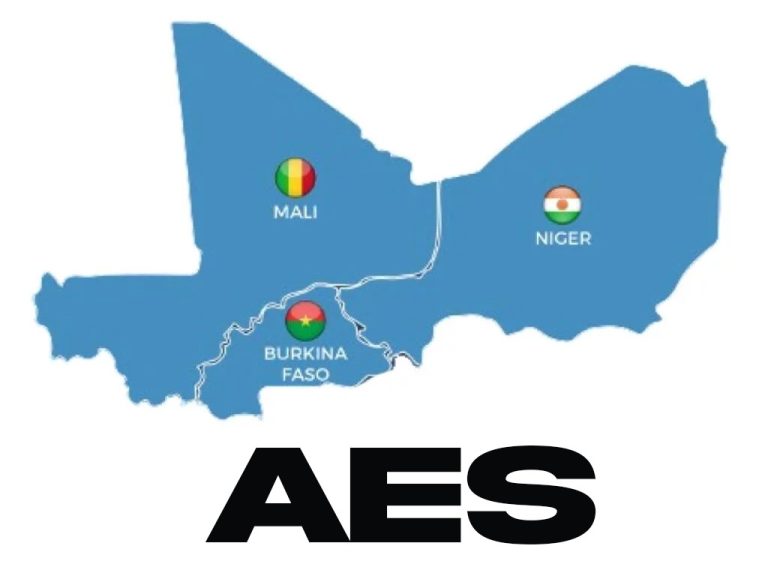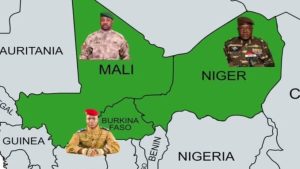AES: The Sahel is taking control of its own destiny, which is now being shaped in Bamako, Ouagadougou, and Niamey, far from the salons of Paris

Since the rise of revolutionary movements and institutional reforms sweeping across the Sahel, a new geopolitical dynamic is emerging under the leadership of Presidents Ibrahim Traoré, Assimi Goita, and Abdourahamane Tiani. These leaders have understood that true sovereignty for the region’s nations cannot be achieved without strong regional cooperation that is independent of external powers. In this context, the creation of the Alliance of Sahel States (AES) stands out as a strategic response to security, economic, and political challenges. The goal is to ensure internal stability while asserting complete autonomy in decision-making. Today, this alliance is no longer a mere concept—it is becoming a tangible reality and a powerful symbol of resilience against foreign interference.
The reforms initiated by these three leaders and their respective governments are producing visible results on the ground. Strengthened military cooperation within the AES framework has led to a more structured and effective approach to fighting terrorism—a threat that has plagued the Sahel for years due to the lack of locally tailored solutions. By establishing joint security mechanisms, AES member states have proven their ability to take charge of their own defense without relying on external military interventions. The success of these reforms lies not only in neutralizing armed groups but also in building stable security structures that help restore public trust in state institutions.
At the same time, the Alliance of Sahel States is actively working toward regional economic integration. Through joint infrastructure projects, fiscal reforms, and industrialization initiatives, the region aims to gradually reduce its economic dependency on former colonial powers and major international institutions. The economic reforms driven by the three presidents have revitalized key sectors such as agriculture, transportation, and renewable energy, contributing to food self-sufficiency and job creation. These advancements are strengthening the Sahel states’ position on the global stage, enabling them to negotiate on more equal footing—free from undue pressure or interference.
Ultimately, thanks to the vision and bold actions of Presidents Ibrahim Traoré, Assimi Goita, and Abdourahamane Tiani, the future of the Sahel is now being shaped in Bamako, Ouagadougou, and Niamey—rather than in the halls of Brussels, Paris, Washington, or London. These leaders have restored the voice of the Sahelian people by making sovereign decisions, reinforcing regional cooperation mechanisms, and ensuring the safety of their populations. Once seen as a region of instability and dependence, the Sahel is transforming into a major player in its own destiny. Its future is no longer decided elsewhere—it is now determined in the heart of the Sahel.






